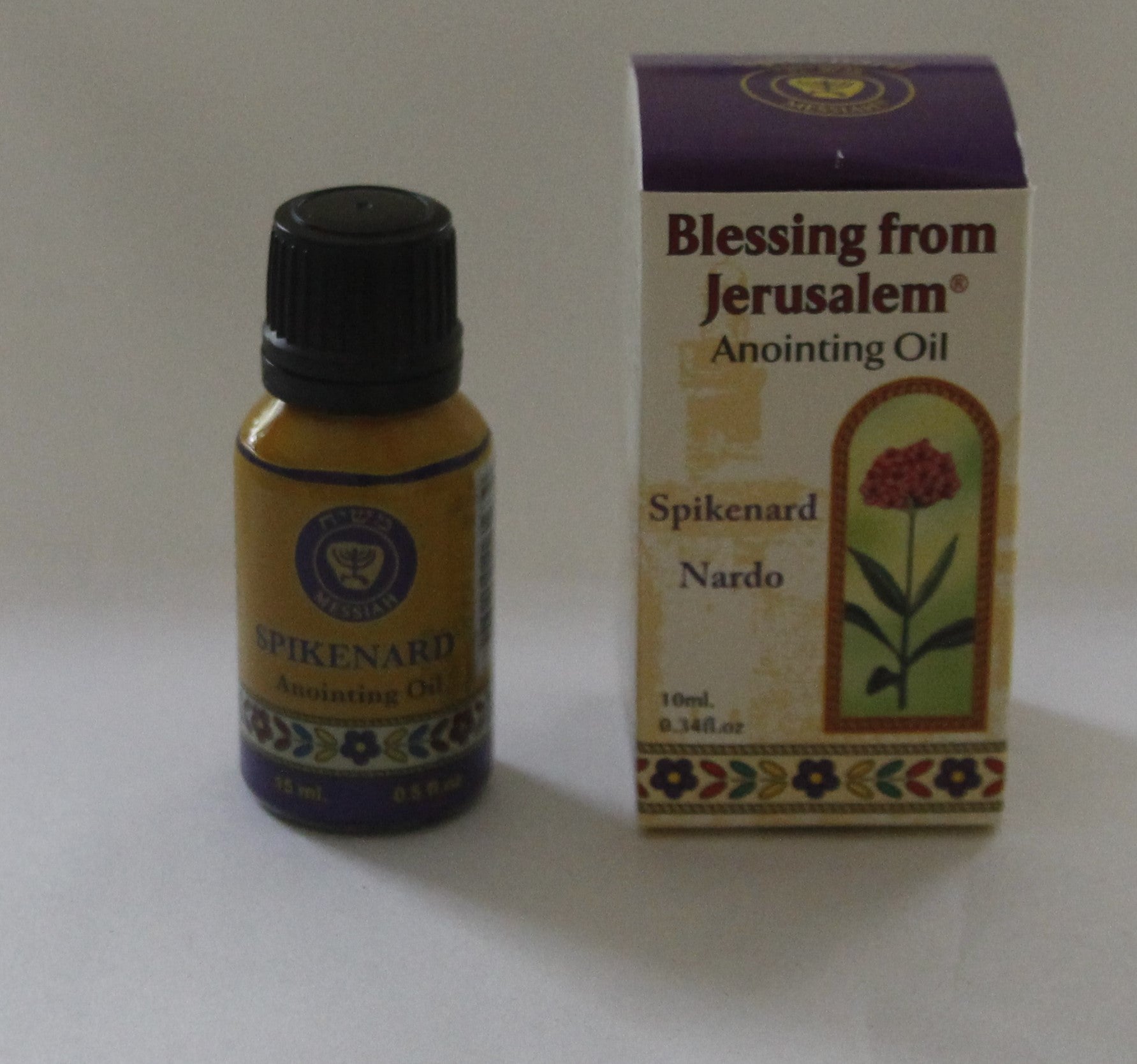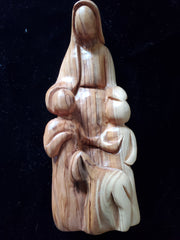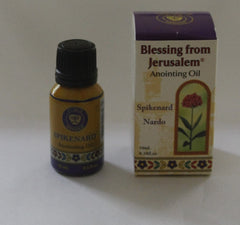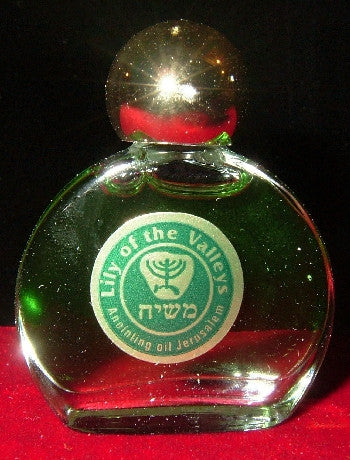
Anointing oils, infused with fragrant and symbolic elements, have been a cornerstone of religious practices and cultural traditions for millennia. Across civilizations and faiths, these specially blended oils have served various purposes, from anointing priests and kings to marking sacred objects and promoting spiritual well-being. Let's delve into the fascinating history and enduring significance of anointing oils, exploring their symbolic meaning, practical uses, and the captivating world of these aromatic elixirs.
Symbolic Language of Scent
Anointing oils transcend their physical form, carrying layers of symbolic meaning that vary across cultures and faiths. In many traditions, the act of anointing itself signifies a blessing, dedication, or setting apart for a specific purpose. For instance, anointing oils might be used to mark a person as chosen for leadership, such as a king or priest. The oil itself can also hold symbolic weight. Olive oil, frequently used in Judaic and Christian traditions, represents purity, peace, and divine favor. Certain herbs and spices incorporated into the oil might symbolize specific virtues or qualities, further enriching the symbolic message. The act of anointing becomes a visual and olfactory representation of the spiritual significance being bestowed.
Beyond Symbolism: Practical Applications
Beyond their symbolic power, anointing oils have served a multitude of practical purposes throughout history. Certain oils, chosen for their antiseptic properties, were used in religious ceremonies for purification and wound dressing. Aromatic oils were employed in rituals to cleanse sacred spaces and create an atmosphere conducive to prayer or meditation. In some cultures, anointing oils were believed to possess healing properties and were used in traditional medicine to soothe ailments and promote well-being. The specific practical uses of anointing oils depended on the cultural context and the ingredients chosen by the practitioner.
The Allure of Aromatic Elixirs
The world of anointing oils is a captivating one, steeped in history, tradition, and the alluring power of fragrance. The selection of base oils, such as olive oil or jojoba oil, provides a smooth, skin-safe foundation. Aromatics like frankincense, known for its grounding and spiritual properties, or uplifting citrus notes like lemon, are then meticulously blended to create the desired scent profile. The resulting elixirs are not just functional, but also aesthetically pleasing, often housed in beautiful containers that reflect their cultural significance. Anointing oils continue to hold a place in modern practices, used in religious ceremonies, aromatherapy, and even as luxurious self-care products. Their captivating blend of tradition, symbolism, and fragrance ensures their continued legacy for generations to come.
Exploring Specific Anointing Oils
- Light of Jerusalem Anointing Oil: This oil reflects its namesake city's significance in religious traditions. Made with virgin olive oil from Galilee and Jerusalem, it symbolizes purity and blessings associated with the Holy Land. Additional ingredients might include biblical essences and flower extracts, further enriching the oil's meaning.
- Lily of the Valley Anointing Oil: Named after the delicate flower, this oil is associated with purity, humility, and rebirth in Christian symbolism. Lily of the Valley anointing oil might be used in ceremonies focusing on these themes, such as baptisms or confirmations, with its delicate fragrance adding a touch of serenity.
- King Solomon Anointing Oil: Steeped in the stories of the biblical king, this oil often incorporates ingredients mentioned in the scriptures, such as myrrh (sacrifice and purification), frankincense (wisdom and devotion), and cedarwood (strength and stability). King Solomon anointing oil might be used in ceremonies seeking guidance, wisdom, or blessings for success, drawing upon the symbolic power of its ingredients and the legacy of King Solomon.
From the evocative scents of Light of Jerusalem to the symbolic purity of Lily of the Valley and the wisdom-seeking properties of King Solomon's oil, the world of anointing oils offers a glimpse into the rich tapestry of human history, religious traditions, and the enduring human search for meaning and connection with the divine.







